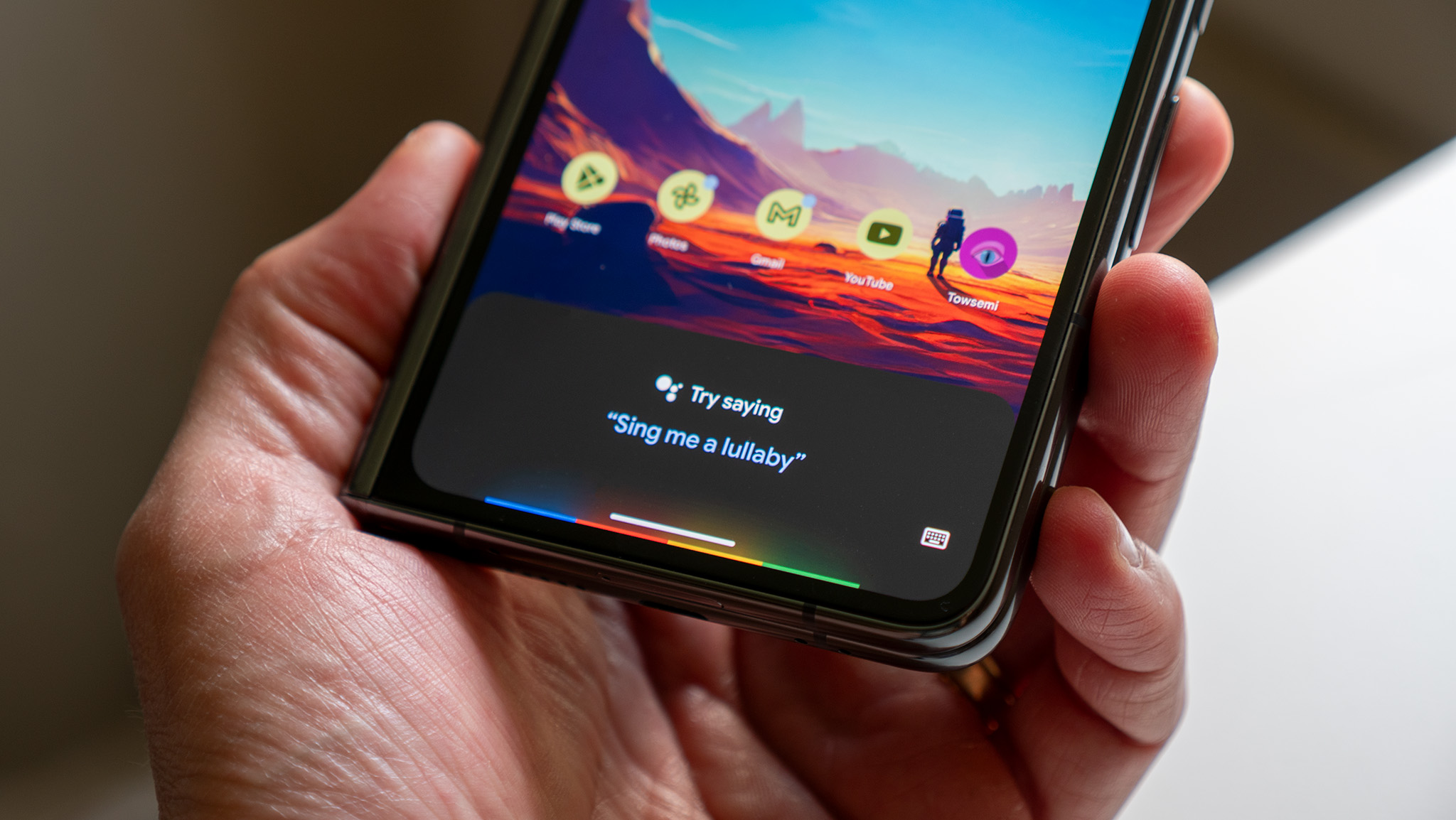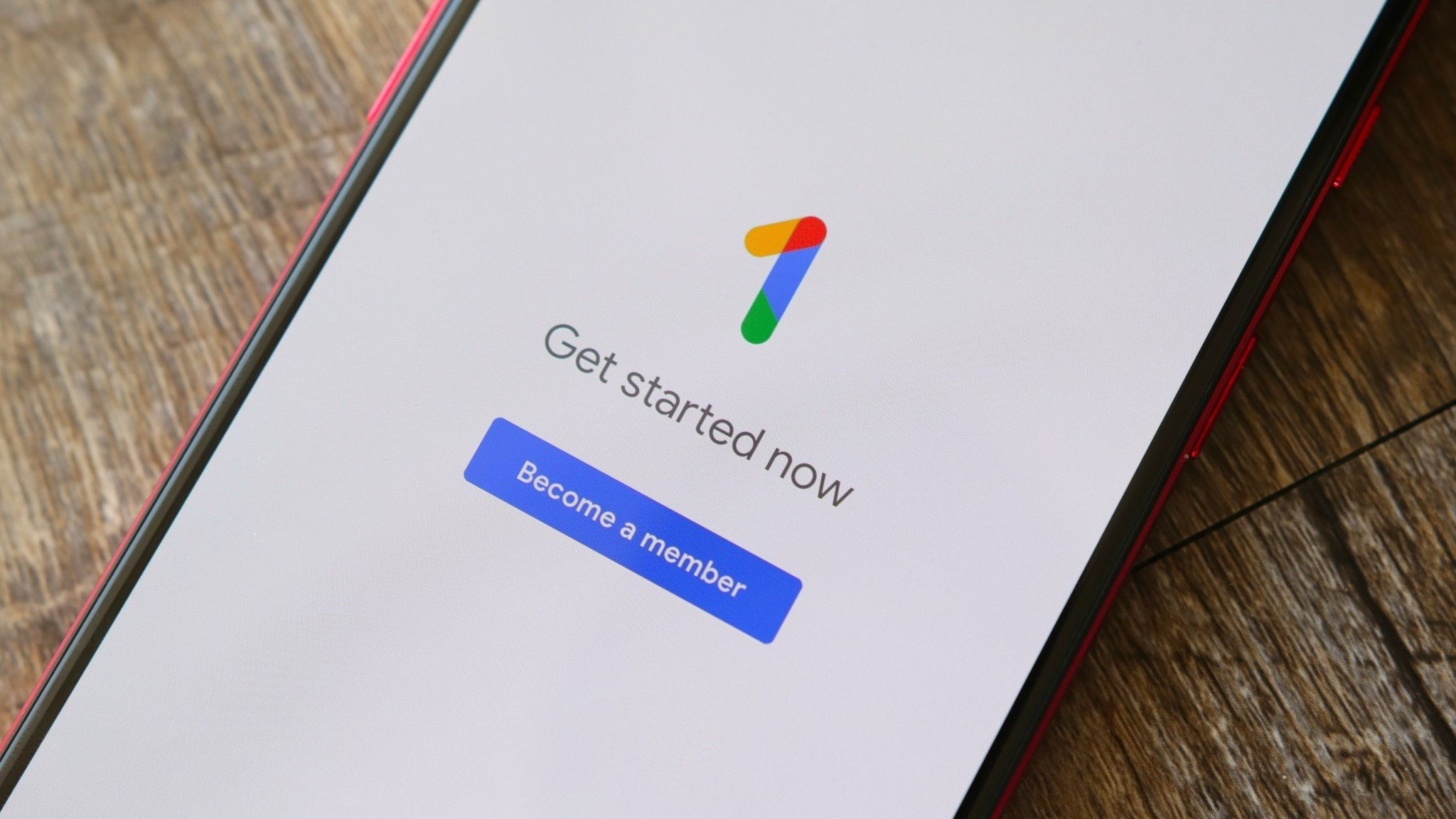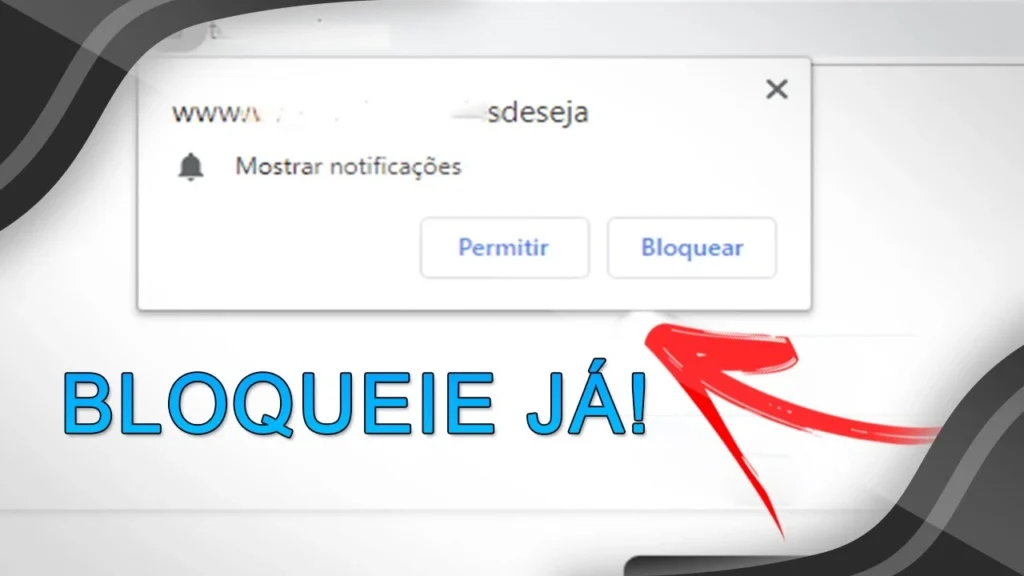Google Bard is now Google Gemini. It's a major rebrand that follows all the testing and finalizing of Google's latest AI technology and has finally reached the point where the company is ready to make it more widely available.
However, it is not Google's first smart service. It's also not the first smart service we've interacted with directly. That would be Google Assistant, a piece of software that people love to hate and hate to love.
So what does Google Gemini mean for Google Assistant? Will you need to relearn how to tell your phone to turn on the kitchen light?
Nothing changes now

If you choose to install the Gemini app on your phone, you will be told that it can replace the Assistant if you want to activate it. It doesn't say you need to do this, and to be honest, I didn't see much of a difference in my very limited testing after doing it.
Since I have two phones and two Google accounts, I have the old Google Assistant running on one and the new Google Gemini running on the other. Both can do the same thing equally well and equally badly. A new codebase doesn't solve all problems.
The interesting thing is that I can still use Assistant and nothing has changed. As of today, Assistant is still there as it always was, and likely still using the latest generation of AI processing to figure out what it's listening to and what it needs to do in response.
Bard is now Gemini, and Duet AI – the software that powers AI tools in the cloud and for Google Workspace – will soon become “Gemini for Google Workspace and Google Cloud” because all the good names have already been chosen, apparently.
The Assistant is still Assistant, though. But probably not for long.
Change is inevitable
Gemini runs on a different software platform than Google's older AI products, but that doesn't mean anything has been abandoned. The work to improve features and speed never stops, and eventually you reach a point where you need to stop adding to the old and move on. Almost all software works this way, and Windows 11 is worth 20 years of work beyond Windows 98.
Just like Windows 98 (or MacOS X, if you prefer), there came a time when the old product was cut in favor of something newer and, hopefully, better. Google Assistant, along with AI capabilities in search and Gmail, are at that point today. I don't expect Google to spend any more time or money to keep improving and working on one of their dead products when something better is available.
The inclusion of a dedicated Gemini app for Android and iOS drives this point home. The app is no better than a responsive, super mobile-optimized web page. If Google didn't have plans to include this software in its suite of mobile apps and eventually replace Assistant, 100% would be unnecessary.
But because it's on the device in app form, it can leverage on-device processing to do things without a mobile connection. Things like helping you write a business letter or turning on the kitchen lights. Without running local code, it simply can't replace Assistant, so it exists to run local code on devices with capable processors.

Another reason to hope it replaces Assistant is how natural it feels to monetize everything. As Open AI and Microsoft got us used to the subscription model where we pay for the privilege of distributing our data, it was natural for Google to follow suit and try to make even more money with what it calls Gemini Advanced.
Gemini Advanced features are locked behind a paywall through Google One. Spend more US$10 per month and you can do more today. As new features become available, we should expect most of them to be part of the Premium Plan.
You could monetize the new platform while maintaining the old one, but it would take more time and effort to do so. As time and effort are directly linked to profit, I have no doubt that the Assistant's days are numbered.
The problem is that Assistant hasn't gone anywhere and Google hasn't said anything about it. If you install the Gemini app, you can use it as a replacement, but you don't have to.
In a product briefing, Google noted that Gemini can already do much of what Assistant does on your phone. Beyond the basics, they say that Gemini will eventually become a full-fledged replacement that handles all tasks in a way that users are familiar with, and because it is more powerful, new features may also emerge.
When it comes to other devices like smart displays or televisions, Google plans to “continue to improve Assistant features” but doesn't use the word Gemini here. This news appears to be smartphone-centric.
Don't count on things staying this way forever. Once Google is convinced that Gemini can effectively replace Assistant, the company will certainly do just that. The good news is that you probably won't notice any difference and you won't need to do anything to prepare.


